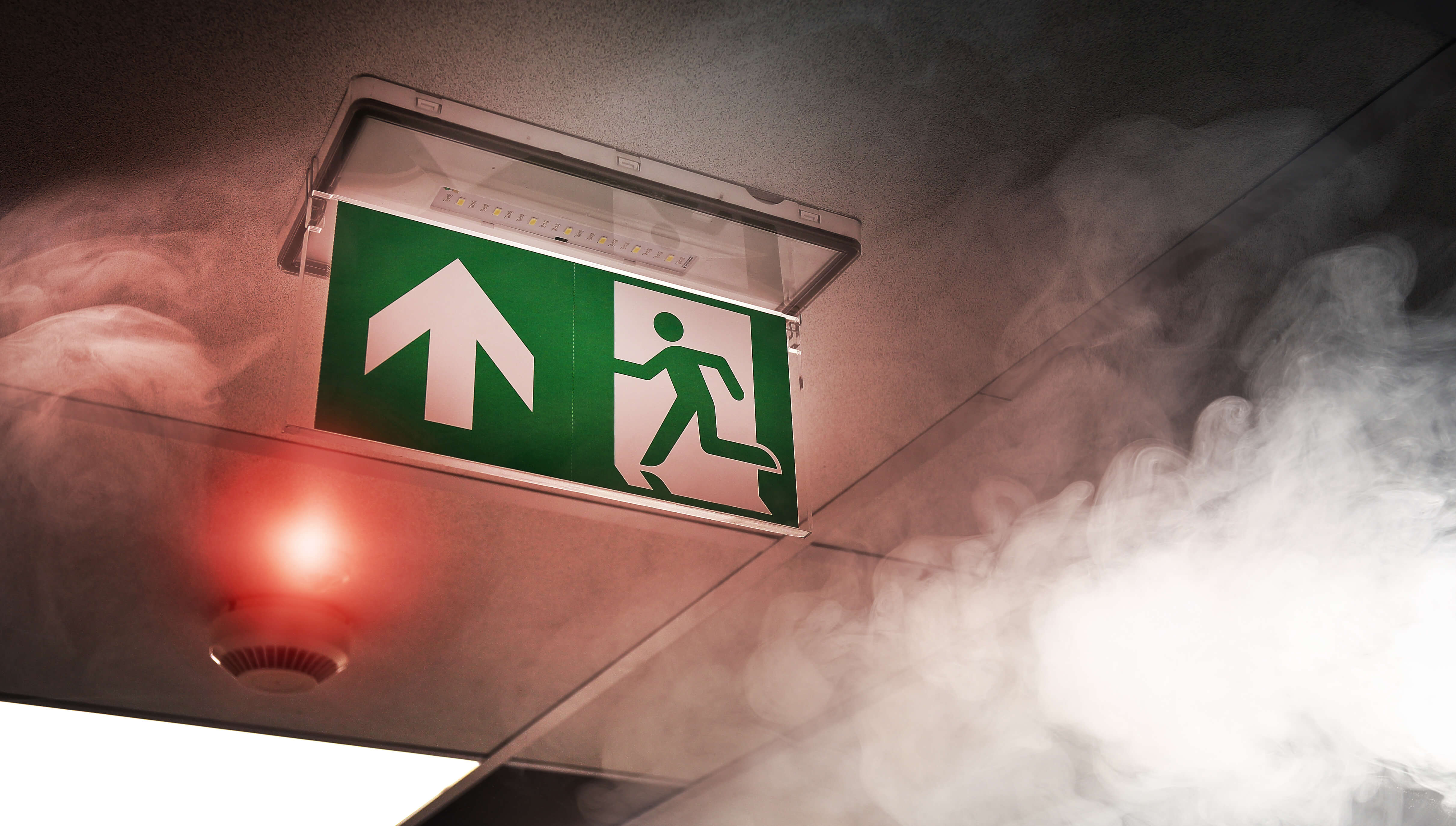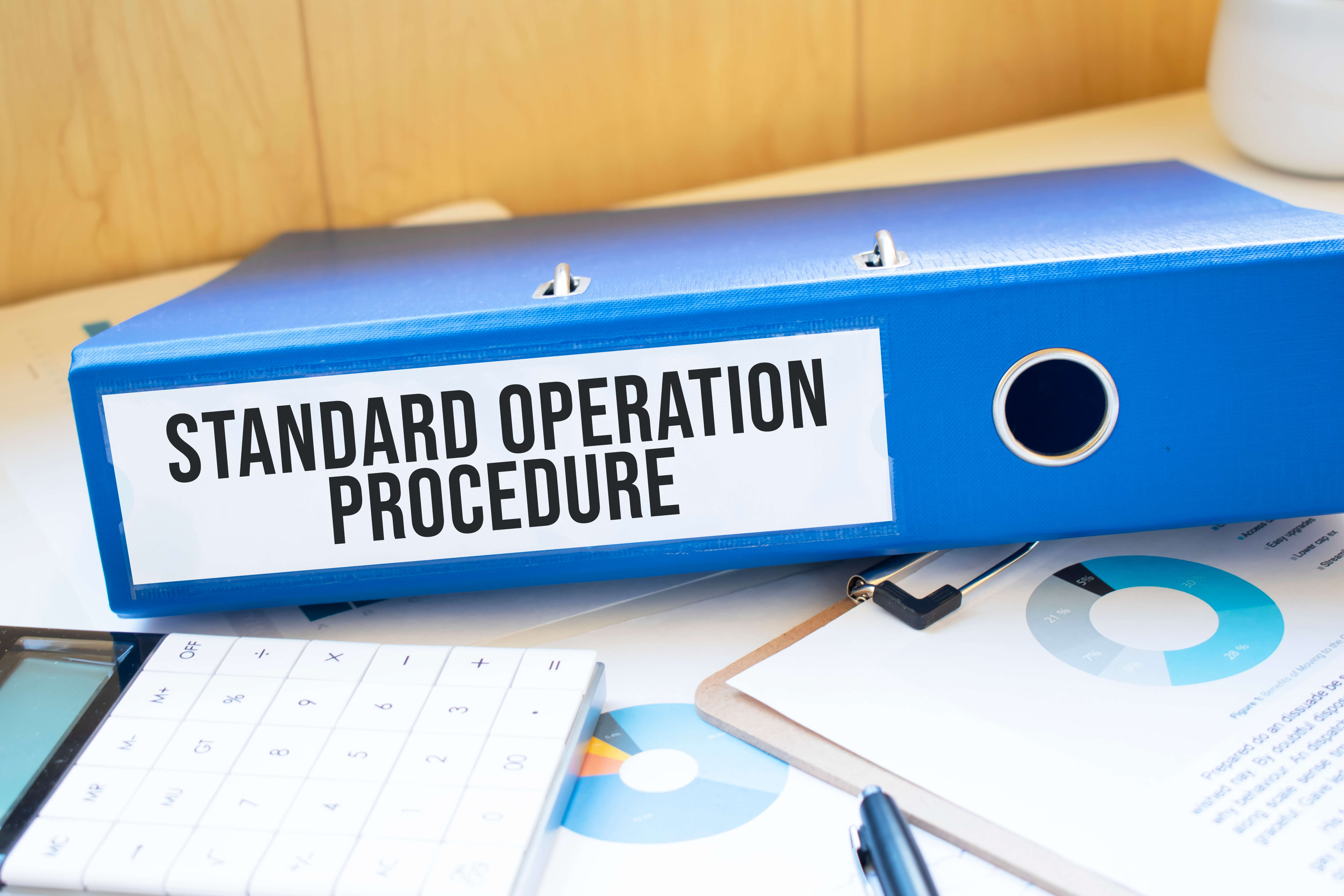In light of the recent horrendous tragedy at Grenfell Tower in London, the safety of our premises, including workplaces, is at the forefront of many people’s minds. It has never been so important, as an employer, to ask the question “is our workplace safe from fire, and do we comply with the law”?
Fire Regulations
Modern fire safety legislation applies to virtually all premises and covers nearly every type of building, structure and open space. It does not apply to people’s private homes, including individual flats in a block or house, but does apply to common areas of blocks of flats. The Regulatory Reform (Fire Safety) Order 2005 (RRO) is at the heart of fire safety in the workplace in England and Wales. In Scotland, the Fire (Scotland) Act 2005 and Fire Safety (Scotland) Regulations 2006 make similar requirements, as do the Fire and Rescue Services (Northern Ireland) Order 2006 and Fire Safety Regulations (Northern Ireland) 2010 in Northern Ireland.
Regulatory Reform (Fire Safety) Order 2005 (the Order)
If your organisation employs five or more people, your premises are licensed, or an alterations notice is in force, you must record the significant findings of the assessment. It is good practice to record your significant findings in any case. There are some other fire safety duties you need to comply with:
- You must appoint one or more competent persons, depending on the size and use of your premises, to carry out any of the preventive and protective measures required by the Order1 (you can nominate yourself for this purpose). A competent person is someone with enough training and experience or knowledge and other qualities to be able to implement these measures properly.
- You must provide your employees with clear and relevant information on the risks to them identified by the fire risk assessment, about the measures you have taken to prevent fires, and how these measures will protect them if a fire breaks out.
- You must consult your employees (or their elected representatives) about nominating people to carry out particular roles in connection with fire safety and about proposals for improving the fire precautions.
- You must, before you employ a child, provide a parent with clear and relevant information on the risks to that child identified by the risk assessment, the measures you have put in place to prevent/protect them from fire and inform any other responsible person of any risks to that child arising from their undertaking.
- You must inform non-employees, such as temporary or contract workers, of the relevant risks to them, and provide them with information about who are the nominated competent persons, and about the fire safety procedures for the premises.
- You must co-operate and co-ordinate with other responsible persons who also have premises in the building, inform them of any significant risks you find and how you will seek to reduce/control those risks which might affect the safety of their employees.
- You must provide the employer of any person from an outside organisation who is working in your premises (e.g. an agency providing temporary staff) with clear and relevant information on the risks to those employees and the preventive and protective measures taken. You must also provide those employees with appropriate instructions and relevant information about the risks to them.
- If you are not the employer but have any control of premises which contain more than one workplace, you are also responsible for ensuring that the requirements of the ‘Order’ are complied with in those parts over which you have control.
- You must consider the presence of any dangerous substances and the risk this presents to relevant persons from fire.
- You must establish a suitable means of contacting the emergency services and provide them with any relevant information about dangerous substances.
- You must provide appropriate information, instruction and training to your employees, during their normal working hours, about the fire precautions in your workplace, when they start working for you, and from time to time throughout the period they work for you.
- You must ensure that the premises and any equipment provided in connection with firefighting, fire detection and warning, or emergency routes and exits are covered by a suitable system of maintenance and are maintained by a competent person in an efficient state, in efficient working order and in good repair.
- Your employees must co-operate with you to ensure the workplace is safe from fire and its effects, and must not do anything that will place themselves or other people at risk.
The above examples outline some of the main requirements of the Order
Penalties
You could be fined or go to prison if you don’t follow fire safety regulations. Minor penalties can be up to £5,000. Major penalties can have unlimited fines and up to 2 years in prison.
To ensure you comply with fire safety regulations and all aspects of health and safety, get in touch today for free advice.
Related resources
Categories
- Business Advice
- Contracts & Documentation
- Culture & Performance
- Disciplinary & Grievances
- Dismissals & Conduct
- Employee Conduct
- Employment Law
- End of Contract
- Equality & Discrimination
- Health & Safety
- Hiring & Managing
- Leave & Absence
- Managing Health & Safety
- Moving
- Occupational Health
- Pay & Benefits
- Recruitment
- Risk & Welfare




